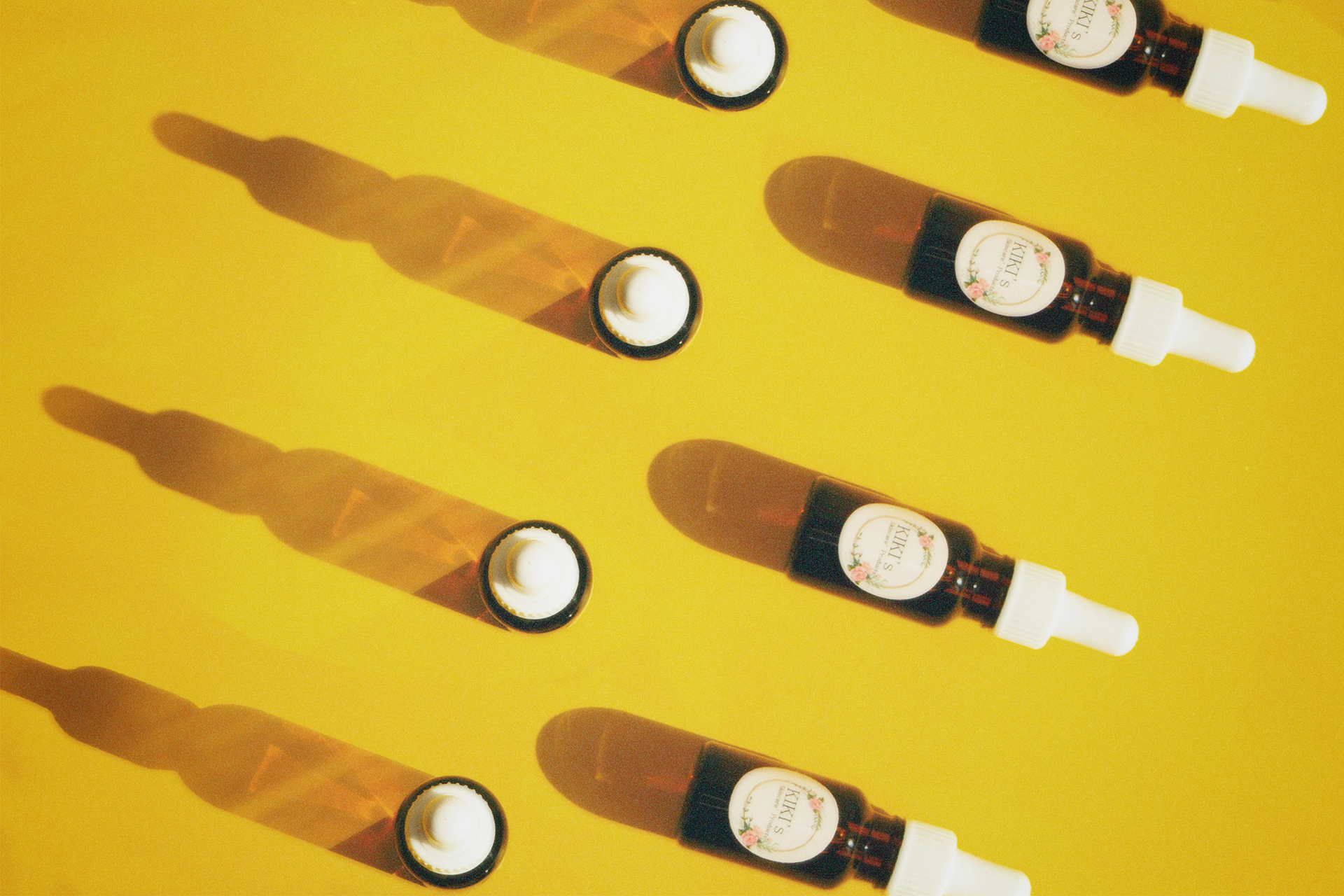Hormonal imbalances often manifest visibly on our skin, presenting challenges like acne, dryness, or oiliness that can fluctuate with hormonal changes. This detailed guide delves into how to manage and mitigate these skin issues through targeted skincare practices, providing insights into the intersection of endocrinology and dermatology to maintain a healthy, radiant complexion.
Understanding Hormonal Imbalances and Skin Health
Hormones play a pivotal role in skin health, influencing everything from sebum production to skin cell turnover. Imbalances in hormones such as estrogen, testosterone, and cortisol can lead to noticeable skin problems. For example, increased androgen levels can cause oilier skin and acne, while low estrogen levels during menopause might result in dryness and loss of elasticity.
Identifying Hormonal Skin Issues
- Acne Flares: Commonly occurring around the chin and jawline, acne that flares up in sync with menstrual cycles or life changes like menopause can be a sign of hormonal imbalances.
- Dryness and Texture Changes: Hormonal shifts, especially during menopause, can reduce oil production, leading to drier skin and more pronounced fine lines.
- Increased Skin Sensitivity: Fluctuations in hormones can make the skin more susceptible to irritation and redness.
Tailoring Skincare for Hormonal Balance
Managing hormone-related skin issues involves a multifaceted approach, integrating both skincare products and lifestyle adjustments.
1. Gentle Cleansing
For skin prone to hormonal breakouts, gentle cleansing is crucial to remove impurities and excess sebum without stripping the skin. Look for sulfate-free cleansers that maintain the skin’s natural pH balance.
2. Anti-Inflammatory Ingredients
Ingredients like niacinamide, zinc, and green tea extract can help manage inflammation associated with acne. These ingredients also aid in reducing redness and calming irritated skin.
3. Hydration and Barrier Support
Maintaining skin hydration is vital, especially when hormonal changes cause dryness. Hyaluronic acid, glycerin, and ceramides can help attract and lock in moisture, strengthening the skin’s barrier against external irritants.
4. Selective Exfoliation
Balancing exfoliation is key; too much can irritate hormonal acne, while too little may lead to clogged pores and dull skin. Opt for gentle chemical exfoliants like salicylic acid or lactic acid that promote cell turnover without abrasion.
5. Hormone-Regulating Supplements and Diet
Incorporating supplements like omega-3 fatty acids, evening primrose oil, and spearmint tea can help balance hormones naturally. A diet rich in antioxidants, low in sugar and dairy, may also reduce the severity of hormone-induced skin issues.
Advanced Treatments and Considerations
1. Topical Retinoids
For acne-prone skin, retinoids can be transformative. They help in reducing inflammation, promoting cell turnover, and regulating oil production. It’s important to use these under the guidance of a dermatologist, especially to adjust usage based on skin tolerance and hormonal fluctuations.
2. Hormonal Therapies
In some cases, dermatologists might recommend hormonal treatments like birth control pills or spironolactone for women experiencing hormonal acne. These treatments should be considered carefully, discussing potential benefits and side effects with healthcare providers.
3. Stress Management Techniques
Since stress can exacerbate hormonal imbalances and in turn, skin issues, incorporating stress management techniques such as yoga, meditation, and adequate sleep can be beneficial.
Lifestyle Adjustments for Hormonal Health
- Regular Exercise: Helps regulate hormones and decreases stress levels.
- Adequate Sleep: Improves skin repair and hormone regulation.
- Mindful Skincare Application: Apply products with clean hands and avoid touching the face throughout the day to minimize irritation.
Conclusion
Dealing with hormonal imbalances through skincare is not only about choosing the right products but also about understanding and responding to the underlying hormonal triggers. By adopting a holistic approach that includes diet, lifestyle, and stress management, alongside a tailored skincare regimen, you can significantly improve the health and appearance of your skin.
This comprehensive strategy ensures that you’re not only treating the surface but also addressing the hormonal roots of skin issues, paving the way for lasting dermatological health and wellness.



